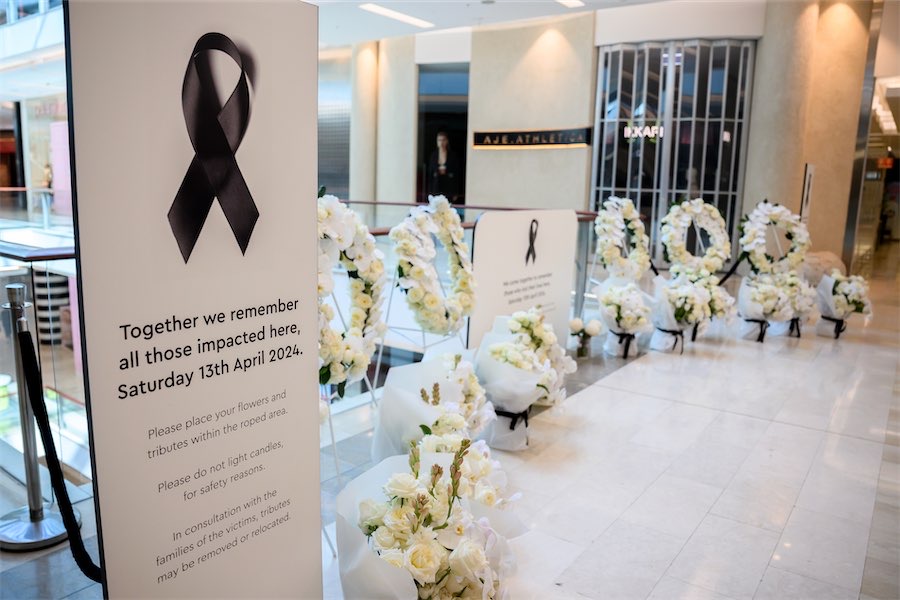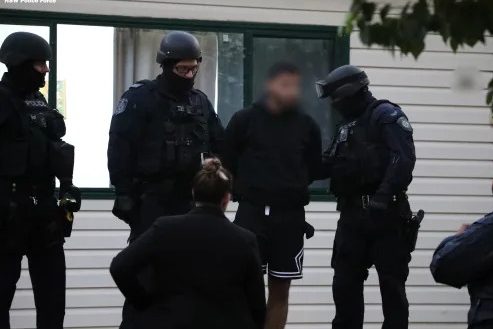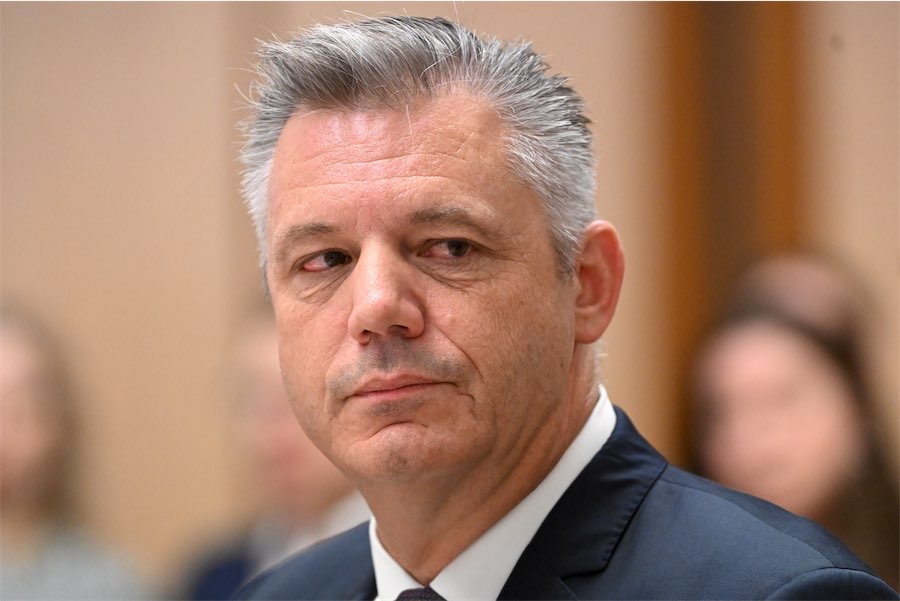IF there is help in front of a man, he will use it, says OzHelp CEO Tony Holland.
Tony and his mental health support team have been carrying out that idea at building sites around Canberra for years, providing support for troubled men who are doing it tough in an industry often associated with a “macho” culture.
Now in its tenth year, OzHelp, a not-for-profit, community-based mental health support organisation, focuses on suicide prevention in industry workplaces.
Tony believes there’s a much higher risk of suicide in the building and construction industry as it is “predominantly male”.
“There’s lots of bravado, it’s a macho sort of environment. There’s a greater risk of things going on in the building industry – that’s why we target them.”
The OzHelp team runs regular sausage sizzles at construction sites, where field officers can chat to builders, as well as the “tradie tune up” program – a series of check ups with a registered nurse and mental health officer.
There’s also “hard-hat chats” – 15-minute presentations about everything from sleep and fatigue, drugs, conflict resolution, budgeting and other lifestyle issues.
“Men won’t go out of their way to tell you their problems… if you say to them, come to a seminar in the evening or go over to that suburb to do it, they won’t do it. But if it’s right there in their face, they’ll engage,” says Tony.
“We want our field officers here to build a connection with these tradies, and have ongoing contact. Our ultimate aim is to help people to stay safe. We don’t want to go round with a big banner saying ‘suicide people’ because then no-one will talk to us.”
He says field officers are careful to use “subtle techniques” and appropriate connections to build relationships with workers.
“At the barbecues, the officers will go around and just have a chat to the builders,” Tony says.
“There’s signs they look for – it might just be a brief conversation – then they’ll give them their card, ask to meet somewhere for coffee, chat about it further.
“In the last 12 months alone, we’ve done 20 targeted interventions – that’s where we get an OzHelp officer to provide one-on-one support for a builder and encouragement if they’re at a high risk of suicide. So we help them to be safe, come up with a plan for them, refer them to counselling, take them to hospital, talk to their doctor, whatever is appropriate in those circumstances.”
The warning signs of suicide can be easy to spot, says Tony, and are usually broken into three categories – “things you might know, notice, or hear.”
“You might know someone’s had a breakdown in family, divorce, death of child, financial stress,” Tony says.
“Or you could notice a normally chatty colleague becomes quite sullen, or has sudden changes of mood. Then there’s hearing things like ‘I’m really lonely, I can’t take this anymore’. If all these things line up, they could have a heightened risk of suicide.”
Tony says OzHelp has had a “great response” from builders so far.
“We’ve had many people saying they would take part in these presentations or check-ups again and others saying they went and saw their doctors after, which is really good to hear,” he says.
“It shows men will talk, if they’re given the right opportunity and environment.”
If you need help, contact Lifeline Canberra’s 24 hour telephone line on 13 1114.
Who can be trusted?
In a world of spin and confusion, there’s never been a more important time to support independent journalism in Canberra.
If you trust our work online and want to enforce the power of independent voices, I invite you to make a small contribution.
Every dollar of support is invested back into our journalism to help keep citynews.com.au strong and free.
Thank you,
Ian Meikle, editor




Leave a Reply